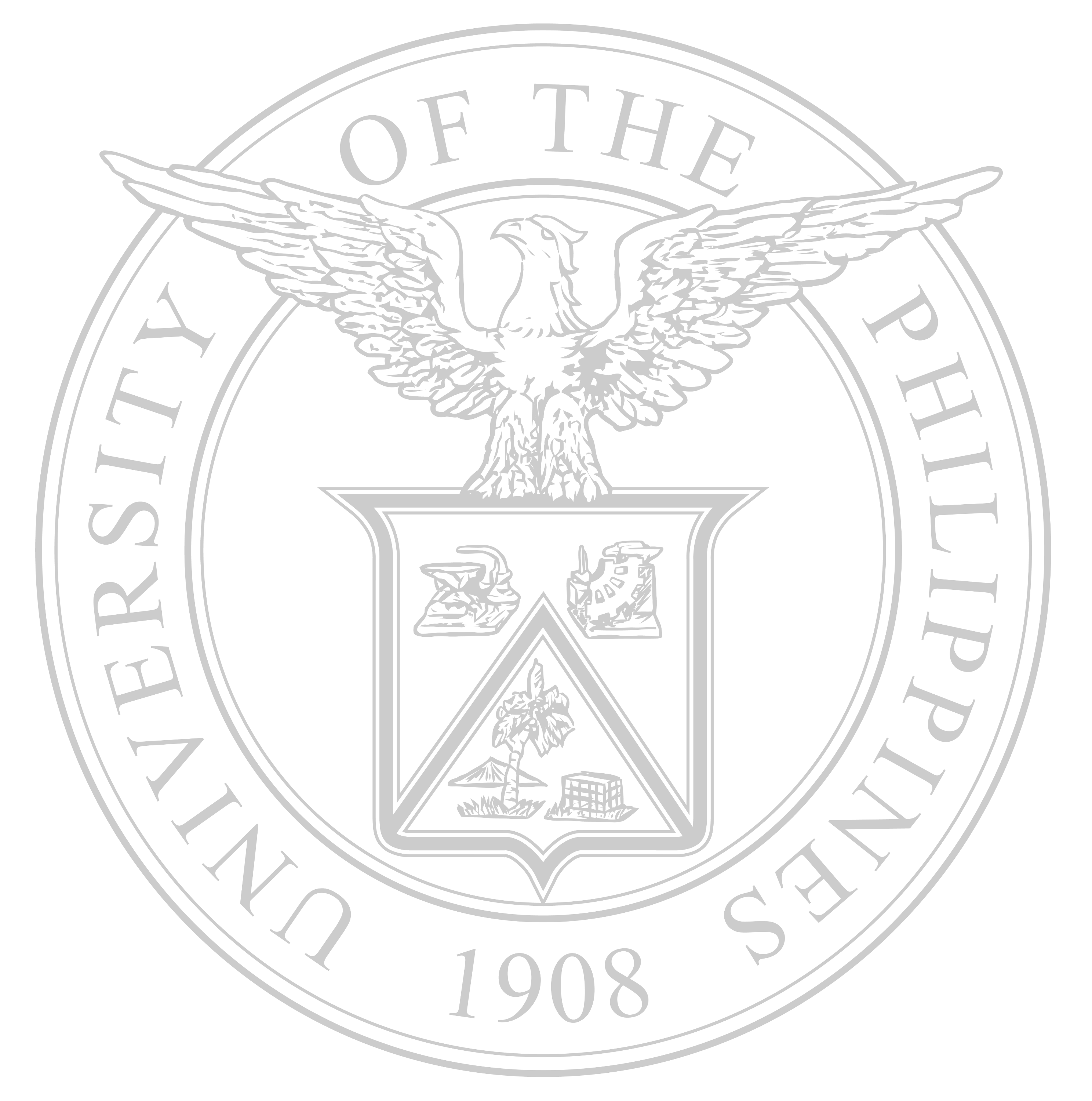top of page


NEWS AND ANNOUNCEMENTS
Stay informed about the latest updates from the UP Department of Geodetic Engineering (UP DGE) and the UP Training Center for Applied Geodesy and Photogrammetry (UP TCAGP). Stay connected with faculty achievements, student activities, and innovations shaping the field of Geodetic and Geomatics Engineering.
UP TCAGP’s MCWQM Project Wins National Award for Water Quality Innovation







Recognition
Wednesday, July 2, 2025
The Multi-platform and Cross-sensor Water Quality Monitoring (MCWQM) Project led by Dr. Ariel C. Blanco was awarded the Public Impact Research Intervention Innovation Award at the DOST-PCIEERD Kabalikat Awards. The project harnessed satellite and UAV-based technologies to monitor water quality in Laguna de Bay, promoting science-driven resource management and earning multiple national recognitions.
The Multi-platform and Cross-sensor Water Quality Monitoring (MCWQM) Project, implemented by the UP Training Center for Applied Geodesy and Photogrammetry (UP TCAGP), was recently honored with the Public Impact Research Intervention Innovation Award at the Kabalikat Awards hosted by the Department of Science and Technology – Philippine Council for Industry, Energy and Emerging Technology Research and Development (DOST-PCIEERD). The award ceremony was part of DOST-PCIEERD’s 15th anniversary celebration, themed “15 Years of Innovation: Breaking Boundaries in Industry, Energy, and Emerging Technology.”
Formerly known as the Notable Project Award, this recognition celebrates research that not only delivers scientific outputs but also improves Filipino lives, protects the environment, and responds to pressing societal issues. The MCWQM Project stood out for its multi-disciplinary and multi-platform approach in supporting the sustainable management of Laguna de Bay—one of the country’s most important freshwater resources.
Launched in 2018 and concluded in 2020, the project was led by Dr. Ariel C. Blanco, with Engr. Jommer M. Medina serving as Senior Science Research Specialist. The initiative was carried out in collaboration with the Laguna Lake Development Authority (LLDA) and National Cheng Kung University (NCKU) in Taiwan. It pioneered the integration of satellite and UAV imagery with field-based water quality measurements to develop accurate and scalable monitoring methods.
Among its key innovations was the cross-sensor calibration of data from Landsat 7, Landsat 8, Sentinel-2, and UAV platforms. By applying radiometric correction techniques, cloud detection algorithms, and bio-optical modeling, the project successfully mapped the chlorophyll-a concentration and turbidity levels of Laguna de Bay. These water quality parameters were crucial for delineating distinct water quality zones, enabling more targeted interventions and policy planning for lake management.
In addition to water quality mapping, the project examined multi-temporal land cover changes across the Laguna Lake watershed. By analyzing land use transitions over time, the research provided valuable insights into how upstream changes affect downstream water conditions. All these findings were made accessible through a web-based GIS platform that allowed stakeholders to view and analyze spatial patterns interactively.
Beyond research outputs, the MCWQM Project emphasized capacity building and youth engagement. It hosted internships for senior high school students from the Philippine Science High School, training them in satellite image processing, water quality monitoring techniques, and environmental data analysis. This initiative fostered early interest in science and technology careers while reinforcing the societal value of environmental research.
The project's long-term impact has extended beyond its completion. The methods and outputs have been adopted by LLDA in its water resource planning and zoning strategies. The project has also been featured in several academic publications and national reports on water governance and environmental monitoring.
The Kabalikat Award is the second major recognition received by the MCWQM Project. In 2023, it was named one of three “Kampeon ng Lawa” awardees by the LLDA during the World Water Day Awards Philippines, further affirming the project’s contribution to sustainable water resource management and public environmental awareness.
As challenges in water pollution and climate change intensify, the MCWQM Project sets a model for how scientific innovation, cross-sector collaboration, and geospatial technologies can converge to address real-world problems. Through its achievements, the project highlights the vital role of geospatial science in protecting the nation’s natural resources and ensuring a resilient and informed future.
bottom of page

